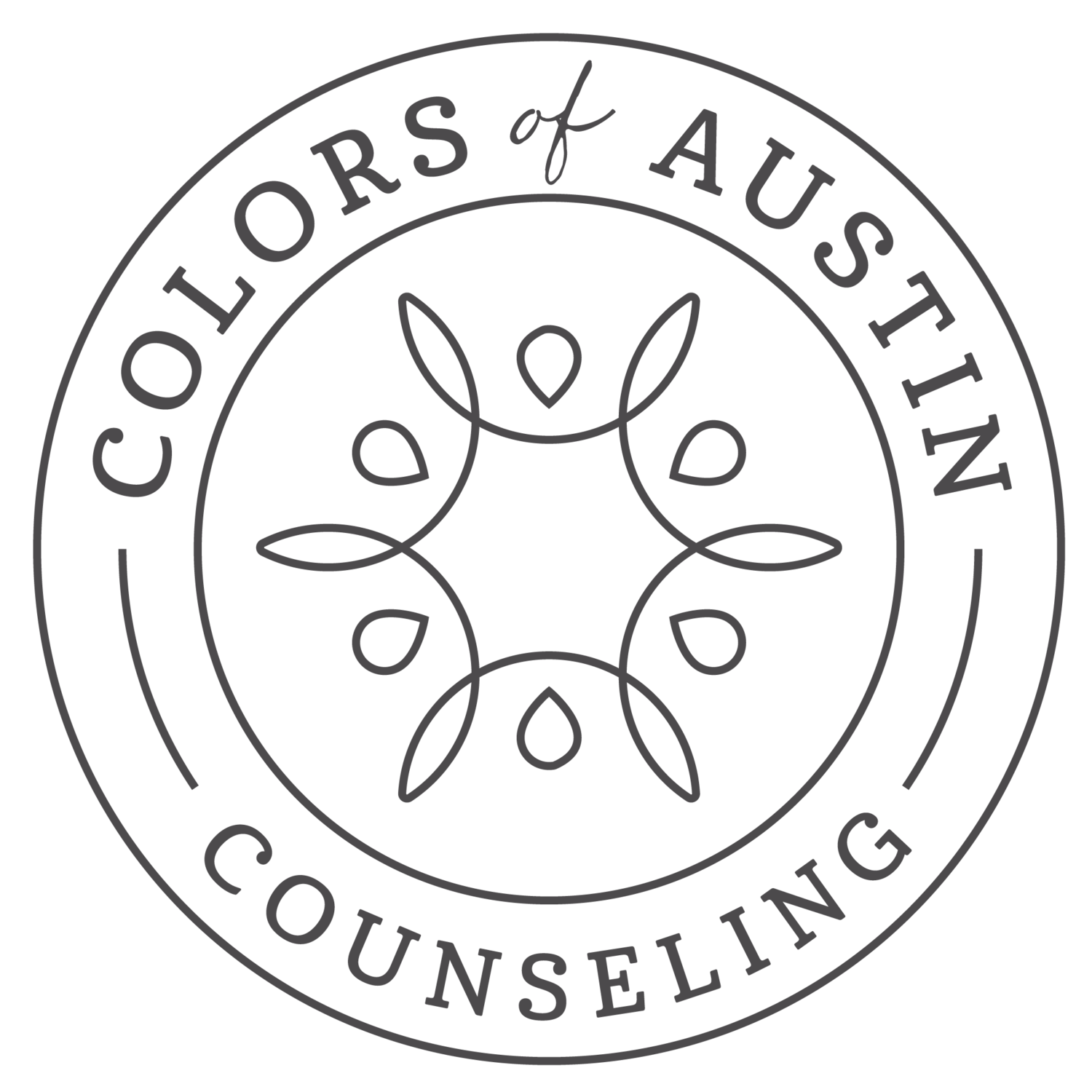The Latinx Therapists Action Network: Francisca Porchas Coronado (part 1 of 2)
Written by Sandra Olarte-Hayes, Director of Equity
I first met Francisca Porchas Coronado in 2017 over coffee and tacos where we talked about our shared passion for politicized healing and caring for organizers, the challenges inherent in trying to activate healers, and where she shared some of her story and passion with me. Francisca is the visionary and founder of the Latinx Therapists Action Network (LTAN), and after we met, I became her first recruit to help her create what eventually came to be the Latinx Therapists Action Network. Vanessa Newton, COAC’s founder and director, was also an early member. Francisca is now a trusted friend and for the next two posts, I will be highlighting her and LTAN’s work.
A network of therapists Building resiliency on the frontlines
As Francisca describes it, the Latinx Therapists Action Network is "a healing justice network of Latinx/e, Latino, Latina, mental health practitioners, community health workers, activists, and organizers who are committed to interrupting the generational trauma caused by the U.S. immigration system." LTAN’s works to “build the resiliency of frontline organizers, activists, attorneys, and service providers who have spent countless hours centering the well-being of individuals, their families, and their communities—often at the expense of their own. Our work takes many forms; a directory of mental health practitioners, therapy, emotional support, mental wellness education, healing circles, and ceremony, developing healing justice curriculum and other tools that can support movement builders. We are committed to playing our role in building resilience so that we can be well and we can win.”
4 years after LTAN’s launch in 2018, Francisca is most proud of the network’s membership. We have grown from 6 members to “103 members across 28 states across the U.S. We are organizing a sector of Latina/o, Latinx/e therapists who want to be a part of the broader movement for migrant rights. They are excited to put their education, skills, and knowledge in service of communities organizing to end detention and abolish Immigrant Customs Enforcement (ICE). Our goal is to build our membership’s political consciousness about mass incarceration and criminalization, anti-racism, disability, and gender justice and ultimately deepen our practice around how to best develop and implement our healing justice framework with our communities.” Essentially, we are activating and organizing therapists to step into their role in the fight for migrant rights and creating community along the way.
a growing impact based on what the community is asking for
She is also proudest of the network’s growing impact. “Over the past two to three years, we have been in the practice through collaboration with various migrant rights organizations to provide mental health education and healing sessions of different types, especially grief and trauma. Currently we are excited to be developing programs for and in collaboration with people inside detention including: a four-part educational series called Parenting Behind the Walls to support detained men in their parenting journey and Healing Inside Detention and Beyond, a healing curriculum and training program for leaders inside detention.”
Our members have also created psychosocial wellness education for migrant rights movement leaders and another exciting highlight has been the Healing Circle Facilitation training program led by Francisca and I, along with Diana Perez Ramirez, a community health worker and language justice practitioner, and Dr. Selma Yznaga, a Counseling professor at the University of Texas Rio Grande Valley. Thus far, we have trained seven LTAN members and 13 movement builders in Puerto Rico in how to facilitate healing circles, which are a decolonized healing modality that migrant rights organizations are requesting to support their leaders who have experienced trauma as a result of state violence.
The 2016 election launched Francisca into healing justice after a long history as an organizer
Francisca came to healing justice work after almost two decades working as an organizer and as a response to the wounds she saw in the movement at a particular political moment. She shares how “as an organizer inside the immigrant rights movement, I felt uniquely motivated to shift my work to healing justice after Donald Trump was elected, which was a terrifying moment. In 2016, we had experienced nearly a decade of the most ferocious war on migrants under the Obama Administration. Thousands across the country had chosen to come out of the shadows and proudly chant, ‘undocumented and unafraid’ and put their bodies on the line to end deportations. The movement radicalized many people, many new leaders were born and accomplished significant wins that chipped away at some of Obama’s (or as the movement coined him, the Deporter in Chief’s) policies. But it’s also a reality that the decade of attacks created a whole new generation who suffered from trauma and burn out. The election of 45 was devastating, and I was clear that we would need work specifically dedicated to integrating healing into our movement work, especially to tend to movement leaders, migrant people, and their loved ones as we braced ourselves for another round of deployments of state violence against our migrant communities and frontline organizations.”
Before shifting to healing justice work, Francisca had a long history as a community organizer and she shares what community organizing means to her. “I have been in struggles involving labor rights, civil rights, racial justice, and spent almost a decade organizing on issues of environmental and climate justice. To me, organizing is having in-person conversations with working people of color navigating the impacts of systems of oppression, bringing them into an organization, building their consciousness and leadership and integrating them into campaigns to create change.” Her guiding philosophy has been that “if oppressed people win, we all win.” and the network reflects this worldview.
Next month’s post will take a deeper dive into the concept of healing justice and some of the biggest challenges Francisca has faced in organizing therapists.


